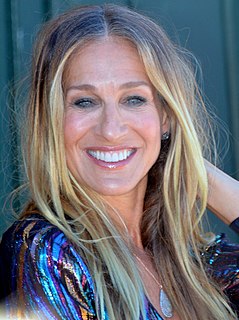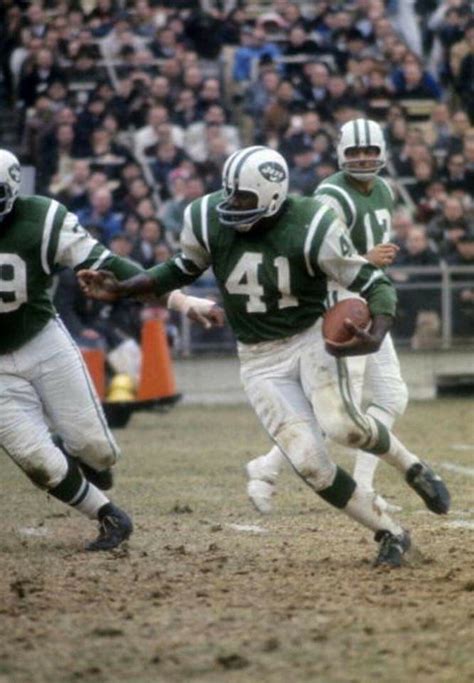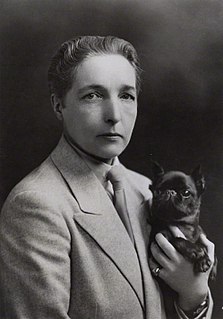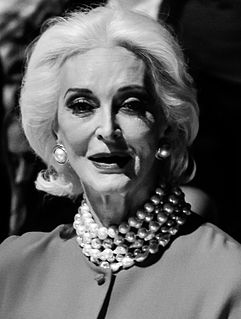A Quote by Sarah Jessica Parker
The arts were a big part of my childhood. We went to the theatre and opera a lot as a family. We were not at all wealthy, but it was at a time when the arts were publicly funded and there were free tickets available. For someone like myself who wasn't that academically inclined, it was a great escape.
Related Quotes
My whole childhood, that made my skin curl. I was looking for something authentic. I think that drove me into the arts, I really do. That really did it. The only other thing that made me survive, as a human being, was getting into the arts. I was surrounded by people that were very bright and they invited you in. They were gracious. So, it gave me a great education.
I'm from a working-class family. We didn't have a lot, but we had the arts. You're talking to a guy who is making a living at doing what he loves doing - acting, singing and dancing. So any career ups and downs were not that significant to me; the only things that really powerfully impinged on me were my losses, and there were many in my life.
The minute we don't finance the arts, the accountants, attorneys and politicians keep taking the cream of money off the top and it doesn't trickle down unless all of society understands that we must support the arts, whether it's ballet, opera, fashion. Fashion is like opera, is like ballet, is like theatre. It's a visual theatre.
When Basquiat was hanging out with Madonna and Fab Five Freddy, and all those worlds were colliding, people have to realize hip-hop and the arts were like this 'cause we both were outcasts: we wasn't allowed inside the galleries or inside Yankee Stadium. We were writing in the street and making music.
The - the early Rockefellers made their wealth from being in certain businesses and - and remained personally very wealthy. Tatas were different in the sense the future generations were not so wealthy. They - they were involved in the business, but most of the family wealth is put into trust, and the family did not, in fact, enjoy enormous wealth.
My siblings and I were raised like tenants, to be honest. There was a total absence of intimacy in my family, though there was still a great deal of camaraderie among the kids. Things were set up almost like a business, and it had to be managed that way because we were really poor, and there were a lot of mouths to feed.
One of the things that is nice about these old pastors - they were young at the time - who went into the Middle West is that they were real humanists. They were often linguists, for example, and the schools that they established were then, as they are now, real liberal arts colleges where people studied the humanities in a very broad sense. I think that should be reflected in his mind; appropriately, it is.
I majored in drama and theater arts at Columbia and was always in acting studio, but that was a liberal arts degree, not a bachelor of arts degree, so I didn't have a traditional conservatory training. There was a lot of reading and a lot of writing involved, and only about 30 percent of my classes were directly theater-related.
You were dead, you were sleeping the big sleep, you were not bothered by things like that, oil and water were the same as wind and air to you. You just slept the big sleep, not caring about the nastiness of how you died or where you fell. Me, I was part of the nastiness now. Far more a part of it than Rusty Regan was.




































